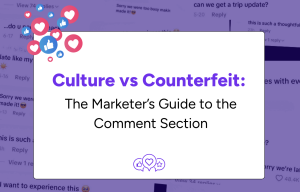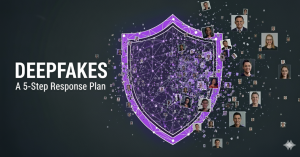
Nov 10, 2025
This guide, created by Cyabra and VaynerX, reveals how counterfeit culture is quietly influencing audience perception and distorting the insights marketers rely on most. Using real-world examples and Cyabra’s data-backed ABC Model, it provides a step-by-step framework to detect inauthentic behavior, measure genuine engagement, and make brand decisions based on truth, not noise.

Sep 16, 2025
This guide gives communications professionals a clear framework for spotting early warning signs, assessing risks, and applying strategies that keep your brand in control of the narrative. Get practical, actionable insights designed to strengthen your defenses and safeguard trust in an environment where misinformation never sleeps.

Sep 14, 2025
Deepfakes are no longer a fringe issue. From viral CEO impersonations to multimillion-dollar scams, the risks are real and rising. When one of these fabricated videos targets your brand, every second counts. This guide provides a structured 5-step response framework. You’ll learn how to detect threats early, contain them effectively, and communicate with confidence while building long-term safeguards for your reputation.


